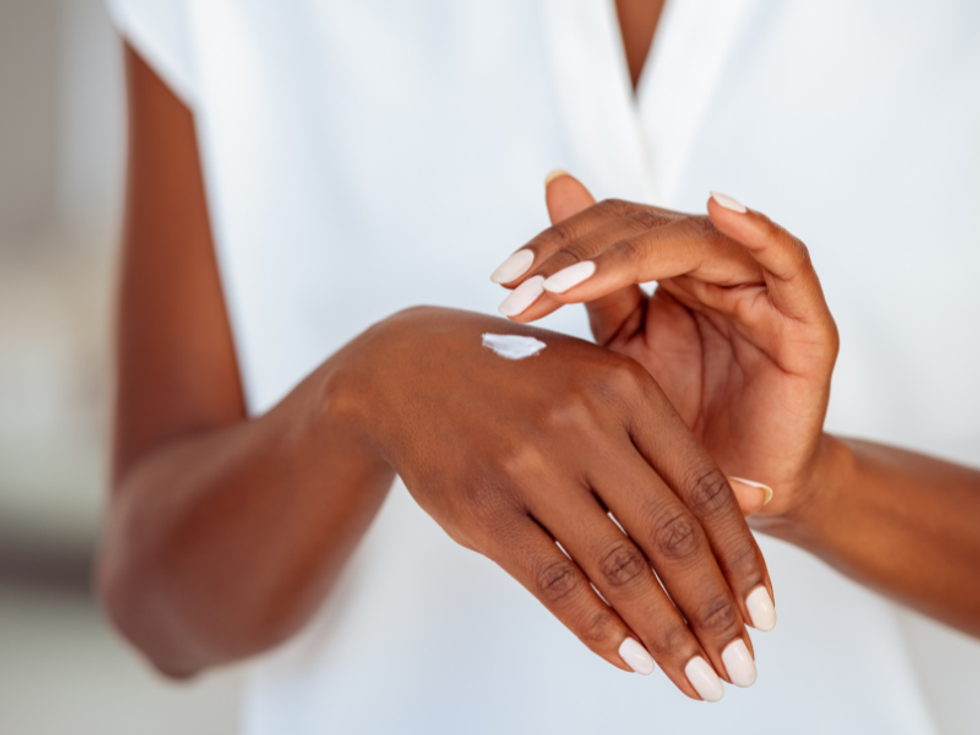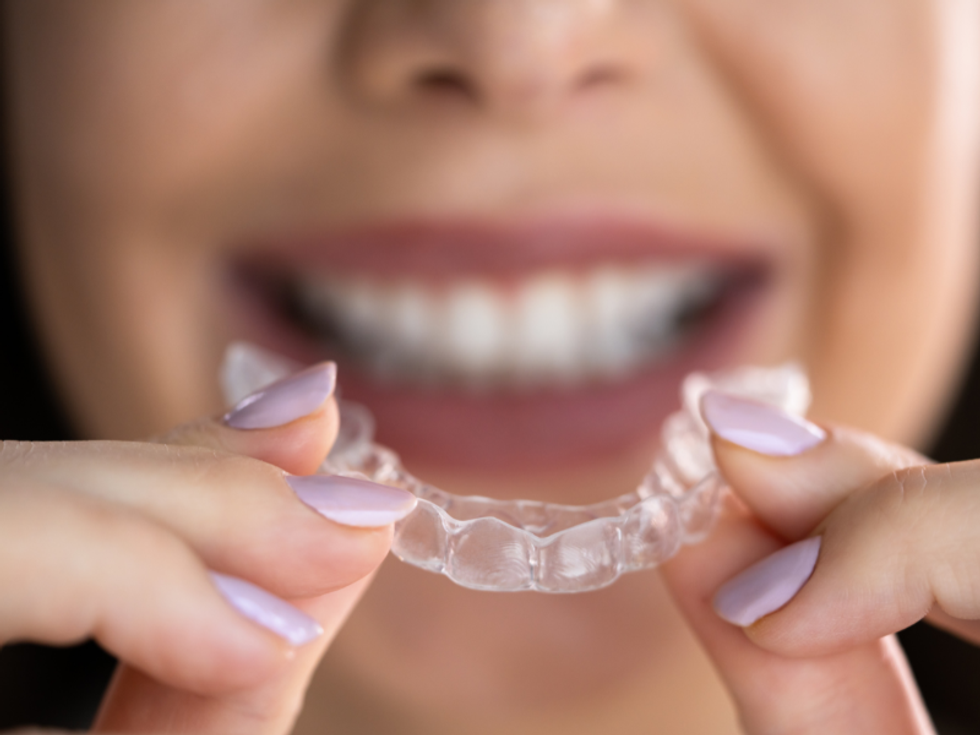The allure of saving money on cosmetic treatments by taking a DIY approach is understandable, especially in today’s economic climate. Professional salons and services can be expensive, and unregulated products, often available through online prices at a fraction of the cost, can be attractive. But when it comes to cosmetic treatments, the line between saving money and risking your health should never be crossed.
The Chartered Trading Standards Institute (CTSI) is issuing a stark warning to the public about dangerous illegal cosmetic products sold online, and have launched a ‘#CostofBeauty’ campaign which raises awareness about the safety issues associated with three key cosmetic areas:
Nails – UV Gel and L&P nail kits
UV Gel nail treatments and L&P (liquid monomer and polymer powder) nail systems use chemicals known as acrylates, including HEMA (2-hydroxyethyl methacrylate) and Di-HEMA (trimethylhexyl dicarbamate). These chemicals can cause allergies to develop in some people, which can cause skin damage and side-effects that can last a lifetime.
To reduce the risk of developing an allergy, UV Gel nail treatments shouldn’t come into contact with the skin. And online products containing HEMA or Di-Hema should never be purchased, as they are illegal for home use. They should only be administered by trained salon professionals using proper lamps.
Skin – Skin lightening creams
Widely available online, there are many varieties of skin lightening products. While some are legal, many of these products contain dangerous banned ingredients including hydroquinone, mercury, and licensed medicines like corticosteroids. Creams containing these substances are illegal to be sold in the UK and Europe, because of the damaging and unpleasant side effects that can occur from prolonged use. Worryingly, illegal products have been found to contain twice the amount of active steroid ingredients allowed in prescription products and some have been found to contain harmful ingredients that can cause pregnancy complications, skin infections and osteoporosis.
Teeth – Illegal teeth whitening kits
Teeth whitening products used by UK dentists have a legal limit of 6% hydrogen peroxide. But teeth whitening kits bought on online marketplaces been found to contain up to 300 times the legal limit of hydrogen peroxide. By law, teeth whitening kits sold for home use cannot contain more than 0.1% hydrogen peroxide. Illegal teeth whitening kits for home use can cause burns and damage to gums. The best and safest teeth whitening results will always be achieved by a registered dentist. And remember – it is against the law for teeth whitening procedures to be carried out by a hair or beauty salon.
A growing problem
Illegal and hazardous cosmetic items are easily purchased on online marketplaces, Trading Standards officers have been working hard to intercept these dangerous products at UK ports and borders. Suffolk Trading Standards Imports Team alone has found that 88% of the cosmetic products checked in the last year were found to be unsafe or non-compliant.
Know what you’re buying
Christine Heemskerk, Lead Officer for Product Safety at CTSI, said: “Cosmetic products should attract compliments, not complications. These dangerous goods can leave the public with serious life-long side effects.
“Trading Standards will remove these products from sale and take action where needed, but online sellers need to take responsibility for the goods available for sale on their websites. Turning a blind eye is not an option when dealing with people’s health. Online marketplaces can and must do better.”
Dr Emma Meredith, Director-General of the Cosmetic, Toiletry and Perfumery Association (CTPA), the trade association representing manufacturers of cosmetics and personal care products in the UK, said: “The safety of our customers is the number one priority of the cosmetics industry and the UK has strict laws dedicated to the safety of cosmetic products and their ingredients. All cosmetic products legally placed on the UK market, even via online, must abide by these robust rules. CTPA would advise purchasing your cosmetic products from a reputable retail source and ensure they are correctly labelled with a full ingredients list. If a product is labelled ‘for professional use only’, please only trust a professional to apply it for you, so you can get the results you want, safely.”
The chair of British Dental Association’s health and science committee, Mick Armstrong, said: “At best, people may be wasting their money buying over-the-counter and online products to whiten teeth. Home whitening kits are likely to take longer and be less effective than treatment from the dentist.
“While hydrogen peroxide, as used in dental practices, is the gold standard for whitening teeth, the lack of clarity over chemicals used in over-the counter and online products means you could be gambling with your teeth.
“Some online products have been found to contain dangerous chemicals, including toxic or banned substances that can severely burn gums, or irreparably damage teeth.
“Dentists are trained to consider a patient’s wider health and detect problems, such as gum disease, that impact on the suitability of an individual to have their teeth whitened. They also know what whitening products are effective to use, and safe for teeth and gums.”
How to report suspicious products and issues
Richard Knight, Specialist Trading Standards Officer at Essex County Council, said: “We urge consumers in England and Wales to report any suspicious cosmetic products or if they have experienced any adverse reactions after using a product to Trading Standards immediately by calling the free Citizens Advice Consumer Helpline on 0808 223 1133. In Scotland, contact Consumer Advice Scotland on 0808 164 6000, or if in Northern Ireland, call Consumerline on 0300 123 6262.”
For more information, visit https://www.tradingstandards.uk/cosmetics
























